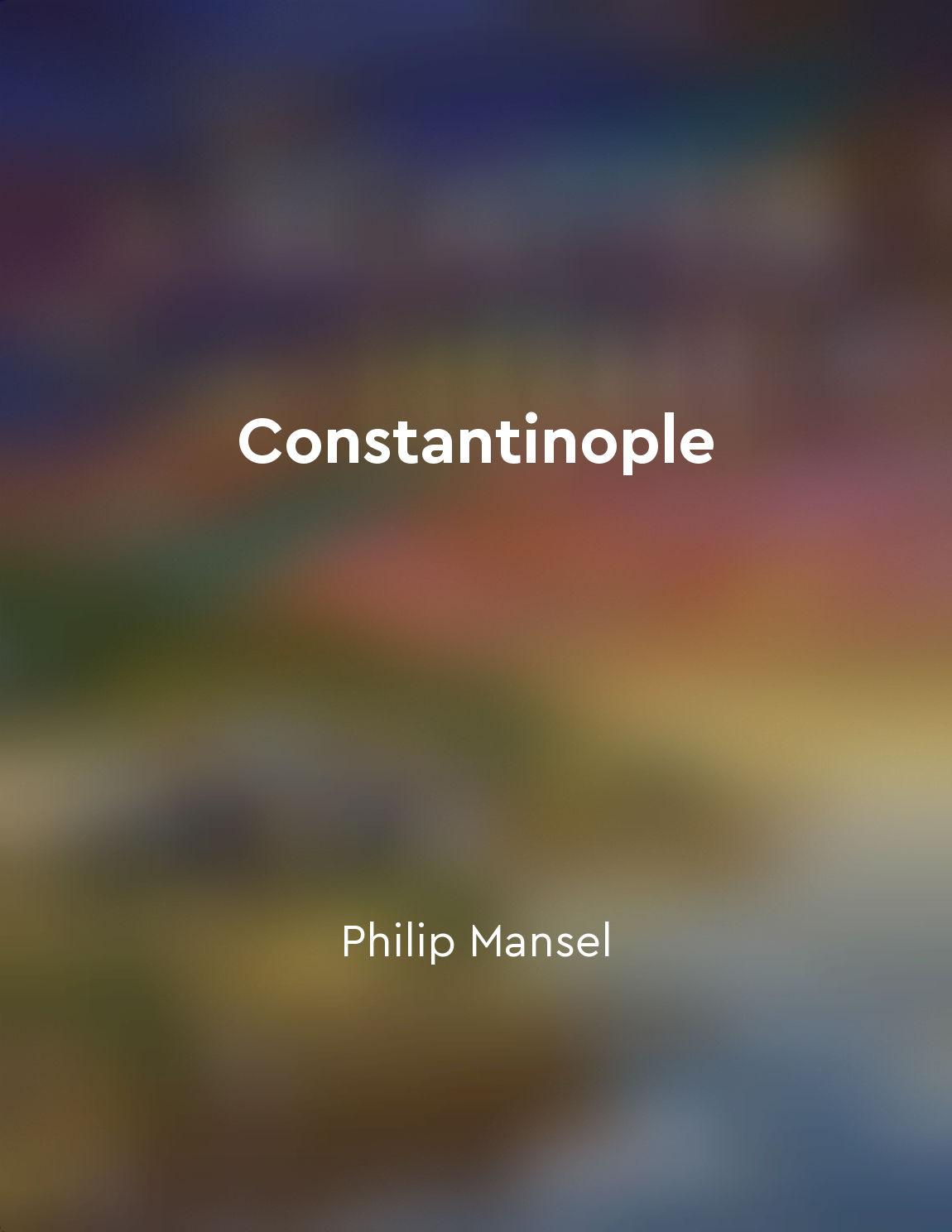Political turmoil from "summary" of Constantinople by Philip Mansel
The city of Constantinople has been no stranger to political turmoil throughout its long and tumultuous history. From the days of the Byzantine Empire to the Ottoman period and beyond, the city has witnessed its fair share of political upheavals, power struggles, and revolutions. The Byzantine Empire, with its intricate web of court intrigues and power struggles, was a hotbed of political turmoil. Emperors were often deposed, blinded, or even killed by rival factions vying for control of the empire. The city itself was a battleground for competing political interests, with factions within the court and the aristocracy constantly scheming and plotting against one another. The fall of Constantinople to the Ottoman Turks in 1453 marked a new chapter in the city's history, but political turmoil continued to be a constant feature of life in the imperial capital. The Ottoman Empire, with its complex system of governance and succession, was no ...Similar Posts
Cultural and moral decline plagued the empire
The Roman Empire, once a shining beacon of civilization and power, found itself in a state of turmoil and decay. The foundation...
Colonization disrupted traditional trade routes
Colonization was a disruptive force that had a profound impact on the traditional trade routes that had been established over c...

